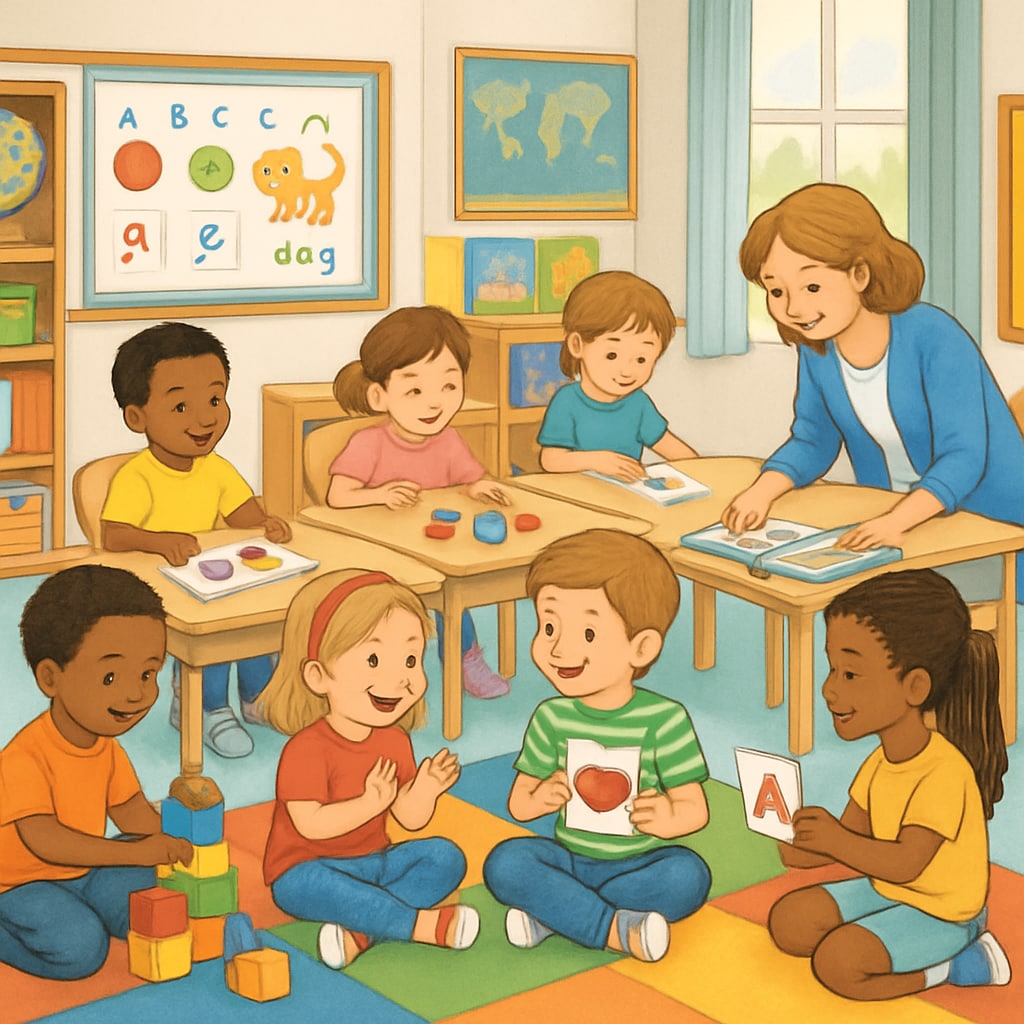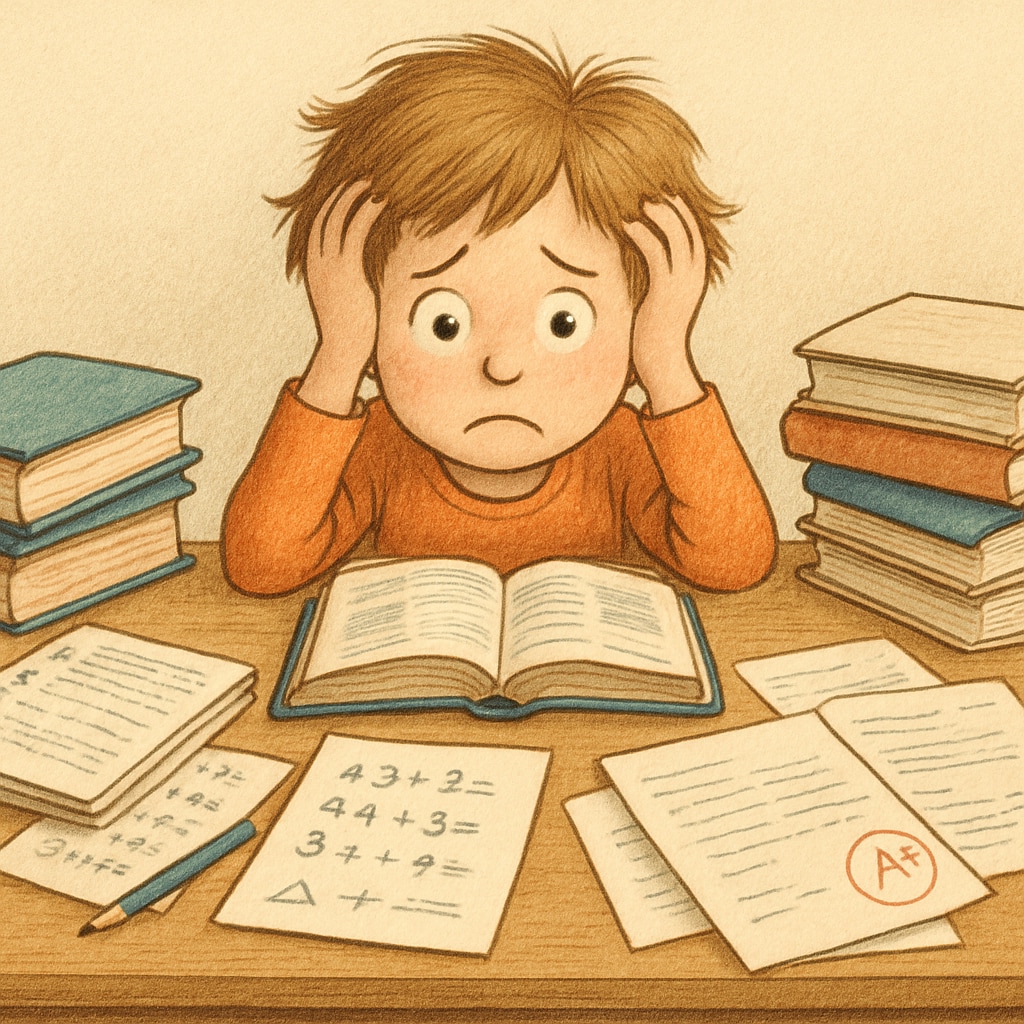In recent years, the pressure of college applications has seeped into earlier stages of education, significantly affecting first-grade students and creating unprecedented challenges. Parents and educators increasingly focus on building impressive portfolios from a young age, hoping to secure future academic success. However, this trend is taking a toll on children’s mental health, learning experiences, and personal development. Understanding the implications of this phenomenon is critical to fostering a healthier K12 education system.

The Burden of College Preparation at an Early Age
The notion that students need to begin preparing for college from the moment they enter elementary school has gained traction in competitive educational environments. While parents may have good intentions, the reality is that this premature emphasis on academic achievement can lead to stress and burnout in young children. According to Britannica’s analysis of education systems, early academic pressure can hinder creativity and curiosity, which are vital during formative years.
As a result, first-grade students are subjected to rigorous schedules filled with extracurricular activities, advanced coursework, and even standardized tests. This approach often leaves little room for play and self-discovery, cornerstones of a balanced childhood.
Psychological and Emotional Consequences
One of the most concerning effects of pushing college application preparation onto young students is the psychological toll it takes. Stress and anxiety are no longer limited to high school seniors; they are now common among elementary school children. Studies from the field of educational psychology highlight how early exposure to high-pressure environments can lead to long-term emotional issues, including reduced self-esteem and increased risk of depression.
Moreover, these children often struggle to develop healthy coping mechanisms due to the overwhelming focus on academic success. Instead of learning resilience and adaptability, they may internalize the idea that their worth is tied solely to performance, setting them up for future emotional challenges.

Impact on Learning and Personal Development
The pressure to excel academically not only affects children’s mental health but also disrupts their natural learning experiences. When young students are forced to concentrate on structured activities aimed at future college success, they miss out on opportunities to explore their interests and develop intrinsic motivation. This can stifle core skills such as critical thinking, creativity, and problem-solving.
Additionally, the imbalance between academic demands and free play can affect social development. Children who are constantly pushed to succeed may struggle to form meaningful relationships, as their time is often consumed by individual pursuits rather than collaborative activities.
Building a Healthier Education Ecosystem
To address these issues, parents, educators, and policymakers must work together to create a more balanced and supportive educational environment for young learners. Here are some actionable steps:
- Promote Play-Based Learning: Encouraging activities that blend education with play can help children develop essential skills without the burden of academic rigidity.
- Focus on Emotional Well-being: Schools should incorporate mental health programs and prioritize emotional resilience over test scores.
- Collaborate with Parents: Educators can guide parents on how to set realistic expectations and avoid overloading their children with extracurricular commitments.
- Reevaluate College Preparation Timelines: Policymakers must consider the long-term impact of early academic pressure and advocate for reforms that delay college-related stress until later stages of education.
By implementing these strategies, we can create a K12 system that supports children’s holistic growth rather than overwhelming them with unrealistic demands.
In conclusion, while preparing for college is an important milestone, it should never come at the expense of childhood. The negative impacts of early academic pressure on first-grade students are both immediate and long-lasting. A shift toward a healthier education model is essential to safeguard the mental health, learning experiences, and personal development of the next generation.


